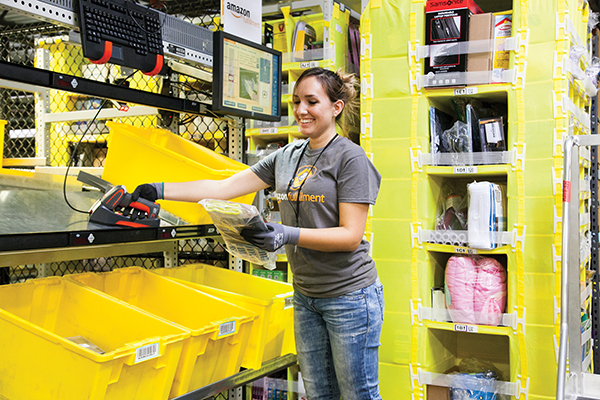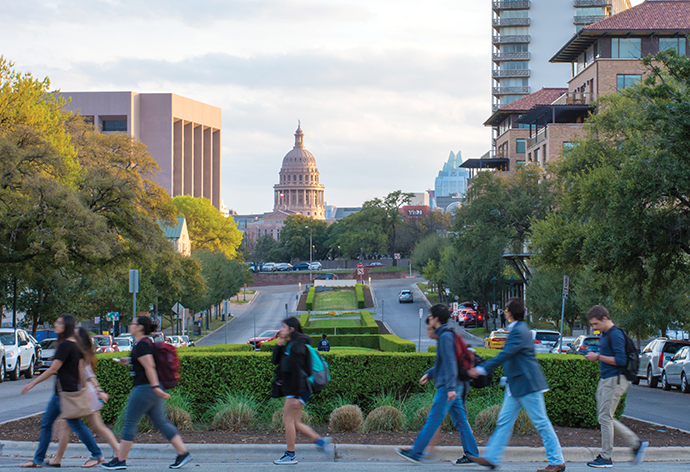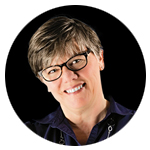“Back in the 1980s, oil and gas were the meat and potatoes of our Texas diet. Now it’s the gravy,” said Texas Governor Greg Abbott in an interview with Site Selection’s Ron Starner earlier this year.
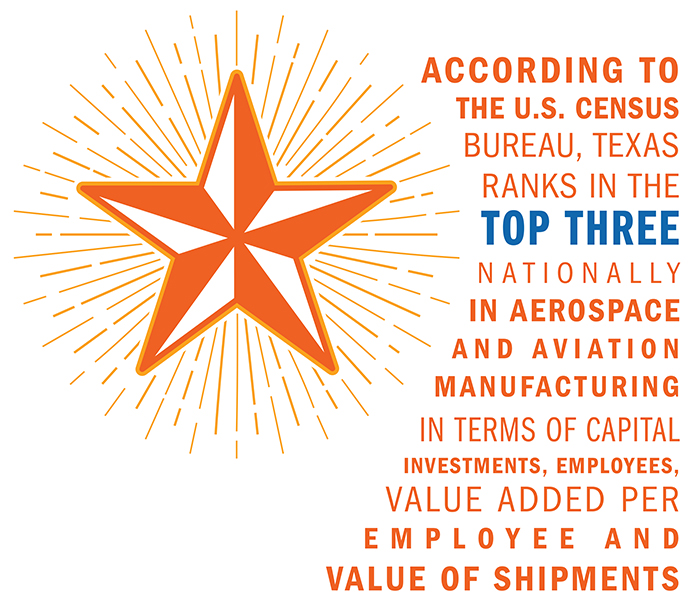
Industry diversity has always been present in the Texas economy; now it’s the hallmark. According to a recently released report from Ernst & Young, the state recorded more than $48 billion in capital investment in 2015, ranking Texas first in the nation. Equally telling, the state ranked first in “mobile project jobs” in industries like data, distribution and customer contact centers, research and manufacturing facilities, and headquarters.
Seizing the Opportunity to Expand
Case in point, the August 2016 announcement of a Charles Schwab regional campus locating in Westlake. In addition to a $100-million capital investment and plans to occupy more than 500,000 sq. ft. (46,452 sq. m.) of office space, the project will create at least 1,200 new jobs over the next decade. The Texas Enterprise Fund (TEF) awarded a $6-million grant to Charles Schwab for the project. Jobs include investor services and business operations including client support and advisor services. The company has already begun recruiting employees in the region.
“We’re excited to have this opportunity to expand our presence in Texas, and we’ll be ramping up our recruiting efforts from among the great wealth of employee talent in and around Westlake,” said Dennis Howard, executive vice president at Schwab. “Like Austin, where we already have approximately 1,500 employees, and El Paso where we are building our presence, the Dallas/Fort Worth area is an important location for Schwab to better serve our clients.”
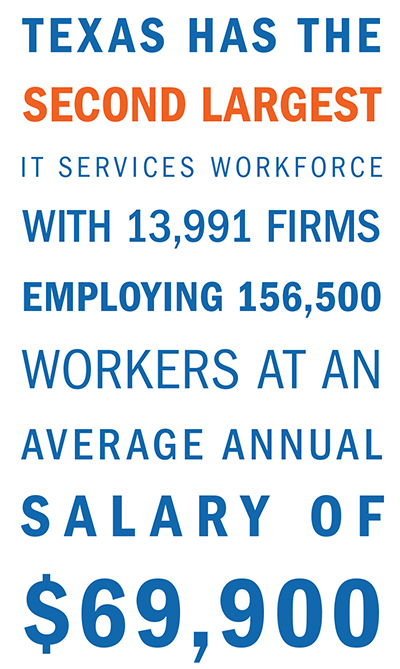
The Schwab campus will anchor a mixed-use development that includes a 200-plus-room hotel, 275 residential units and approximately 1 million sq. ft. (92,903 sq. m.) of office and retail space. The company expects to break ground in late 2017.
California-based McKesson Corporation announced plans in March 2016 to open a regional office in Irving, outside of Dallas. The company is creating close to 1,000 jobs and $157 million in capital investment. The company’s Irving facility will focus on IT, finance and accounting, project management and other administrative functions, and place the division in closer proximity to McKesson’s specialty pharmaceutical business located in The Woodlands.
“Investing in this new, modern workspace will enable our associates to more effectively serve McKesson customers in the evolving healthcare industry,” said David Evangelista, Senior Vice President and General Manager of McKesson Financial Center.
GM Financial broke ground on a new 100,000-sq.-ft. (9,290-sq.-m.) financial servicing center in San Antonio in April 2016. Slated to open in spring 2017, the expansion could bring as many as 700 jobs to the San Antonio area. The site was selected based on a number of criteria, including the strong workforce, location in the Central time zone and incentives from local and state entities, including a $2.5-million TEF grant.
‘Top Notch Workforce’
Lubbock welcomed an additional 580 jobs created through two expansions — one local, the other a newcomer to the region. VXI Global Solutions, a provider of business process and information technology outsourcing services, invested $1.17 million and added 500 new jobs at their Lubbock location. Meanwhile, Severn Peanut Company will open a new food processing facility in the city by the end of the year. The $8.75-million investment will create 80 new jobs. The company, a division of North Carolina-based Meherrin Agriculture, produces peanut and tree nut snacks and nut butters.
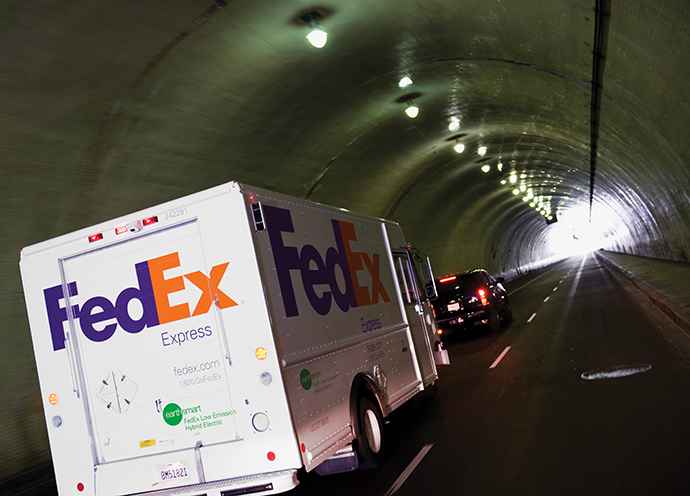
“Our Hampton Farms team has been working with farmers in West Texas for many years now,” said Thomas Pasinger, vice president of operations for Severn Peanut Company. “The educated workforce and the world-class university in town attracted us to Lubbock. Opening this facility allows us to strengthen our local ties and create new opportunities in the community.”
Tortilla-maker Mission Foods is consolidating the company’s North Texas manufacturing and distribution operations in 766,000 sq. ft. (71,164 sq. m.) of industrial space in Grand Prairie. The company will create 500 jobs at the facility, which is expected to open in October. And earlier this year, German-owned HelloFresh opened a 138,000-sq.-ft. (12,821-sq.-m.) regional production and distribution hub, also in Grand Prairie, creating 400 full time jobs. The company offers customer subscriptions for weekly meals-in-a-box featuring fresh ingredients and recipes.
2016 Rank by Metro
| 1 | Austin-Round Rock |
| 7 | Houston-Sugar Land-Baytown |
| 12 | Dallas-Fort Worth-Arlington |
| 13 | San Antonio-New Braunfels |
In a perfect picture of the radically altered state of retail and commerce, the state’s first enclosed shopping mall will be the site of a new FedEx distribution center. The Big Town Mall in Mesquite was built in 1959, enjoying a long and fruitful retail life before it was demolished in 2006. The property has been ripe for development since 2012, just waiting for the right project to come along. FedEx liked the location, close to Interstate 30, and is building a 334,000-sq.-ft. (31,030-sq.-m.) facility that will eventually create 500 jobs. The distribution center should be fully operational by the second half of 2017.
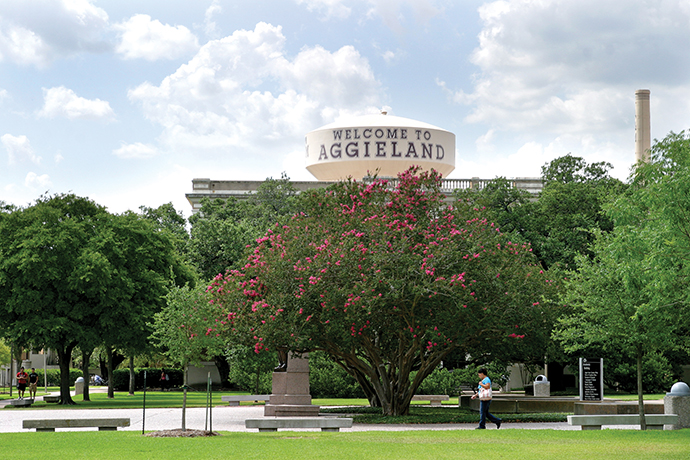
Even more distribution jobs are arriving in the Fort Worth suburb of Haslet, where Amazon is opening another fulfillment center. The company will create 1,000 new fulltime jobs as a result of the 1 million-sq.-ft. (92,903-sq.-m.) expansion. In a statement, Akash Chauhan, Amazon’s vice president of North American operations, touted the region’s “top-notch workforce.” This is Amazon’s sixth Texas fulfillment center.
Fitting the Bill
Global cosmetics company Mary Kay Inc., is building a $100-million, 470,000-sq.-ft. (43,664-sq.-m.) manufacturing and R&D facility on 26 acres (10.5 hectares) in Lewisville. The exact location was determined in November 2015 after an extensive site search throughout North Texas, but not made public until the sale closed in July 2016. Employee and logistical considerations, as well as proximity to the company’s global headquarters in Addison, a distribution center in Carrollton and warehouse facility in Dallas, were among the selection criteria. Lewisville fit the bill. The company is breaking ground on the facility in September.
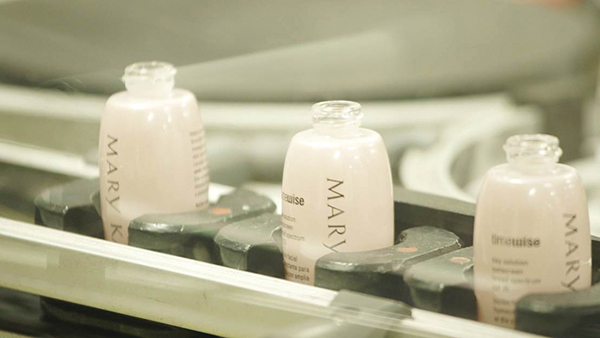
Expect to hear announcements coming out of Sugar Land once an 855,000-sq.-ft. (79,432-sq.-m.) mixed-use development is completed on the site of the former Imperial Sugar Refinery. Dubbed Imperial Market, the $200-million, high-end redevelopment creates a walkable live-work-play community centered around Oyster Creek. Plans call for walking trails and bike paths. Imperial Market is already the home of a popular Farmer’s Market that attracts more than 150,000 visitors annually, and the recently opened Fort Bend Children’s Discovery Center, expected to draw 100,000 visitors a year.
“Texas is wide open for business,” state leaders like to crow. Given the hundreds of projects that have landed in the state this year, it’s a claim that can’t be disputed. In fact, taking Governor Abbott’s earlier analogy a little further, the state is awash in gravy right now. And there are still four months to go.
